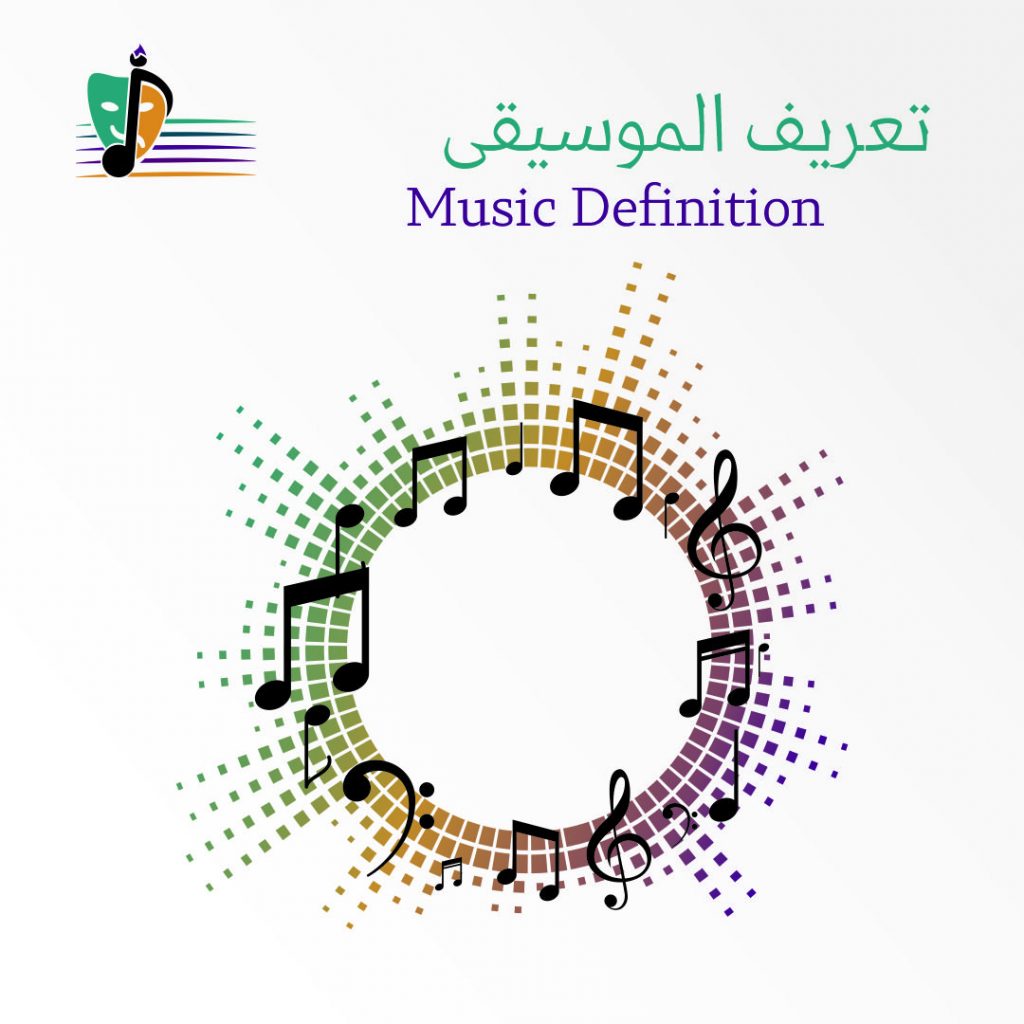What is music?
Music is a universal language that is understood and felt by all people, without discrimination of a specific gender or group in different environments, languages and roots. It uses sound and time as components, thus becoming a science, art, and language of symbols and signs.
Salim El-Helou says: “Music, algebra, arithmetic, geometry, logic, and performances are all defined as being of the type of “balanced science” and they are intertwined sciences, their bond is order and unity of motion and stillness.”
Music is divided into two important branches that complement each other, known to a specialist in one of the branches of music that includes playing, singing or research.
As for the first branch, it is theoretical music, which is a science concerned with the origins and foundations of weaving melodies combined with weights.
The second branch is applied music, that is, the actual practice that results in the production of sounds by one of the ways or means, such as the human voice (singing), which uses language as an expressive medium for the melodies performed or musical instruments that produce abstract melodies.
Also, Sheikh Abu Mansour Al-Hussein bin Muhammad bin Omar bin Zila said:“The science of music includes two studies, one of which searches for the conditions of the melody in terms of harmony and dissonance and is called (the science of harmony), and the other searches for the magnitudes of the tenses intervening between the melody is called (the science of rhythm.)
Music as a science, art and language (the science of matching sounds and times) Salim El-Helou: previous reference, pg. 60
Theoretically, music has passed through several definitions, so whoever said that it is a spiritual art created by God for humanity’s need to refine the soul and conscience of man (Mahmoud Sami Hafez: The Rules and Tasting of Western Music, Third Edition, Anglo-Egyptian Library, Cairo, 1988 AD, page 4.) it is an art because its sounds On the chest, a combination of melodies are formed in its tissues, some of which are fast, some are slow, and some are moderate, which are distinguished by the human sense of hearing. It is a science because it uses special symbols with specific proportions and quantities according to precise scientific and technical systems, and was used as an actual application in the notation of melodies, which made it available to successive generations.
It was also said that it is a science related to mathematics in terms of building and formulating rules and theories of sounds and melodies, and this is represented in the development of musical theories related to acoustics, a science concerned with calculating vibrations and their measures and proportions, and so on. It is a language as it has its own emotional and distinctive vocabulary that differs from the rest of the languages, just as every people has thier own language, and every field has its vocabulary, conventions and literature, music does not have a single language directed to a particular people or gender, but all peoples share in knowing its implications and effects that target the characteristics of the response of the human soul. As one of the most important communication tools.
The origin of the word music
By searching for the origin of the word (music), it turned out that it is a term of Greek origin, as the Greeks called whatever it had a connection with art (music). which means (inspiration) and the origin of the word is (moss), so they took the word and added (alpha) to it, and it became (mossa). They also divide fine arts into nione sections and attributed to each section a specific symbol, which are (Singing, dancing, painting, drama, comedy, public speaking, history, chivalry, and astronomy).
To the first part of the word (Mousa) the two letters (qaf and yaa) were added to indicate the relation to the noun attached to it, so it became (music), so the word symbolizes the arts in general, but the word was later isolated and became denoting the language specific to melodies. After that, it spread to other nations, and each nation uttered the word according to its appropriate linguistic terminology.
In order to facilitate the process of listening and enjoying the taste of the art of music, it is necessary to know the rules and theories that govern it.




